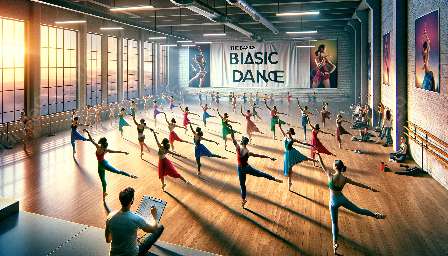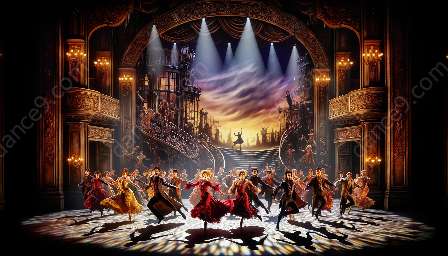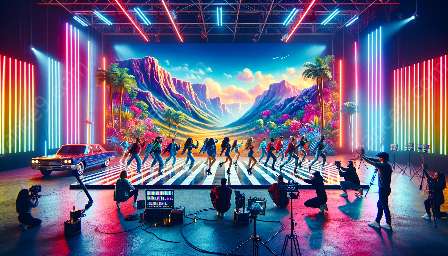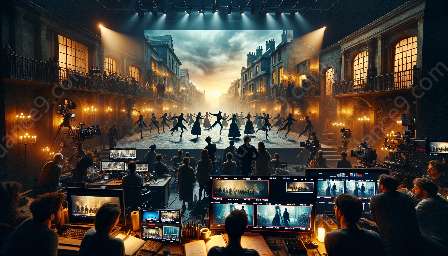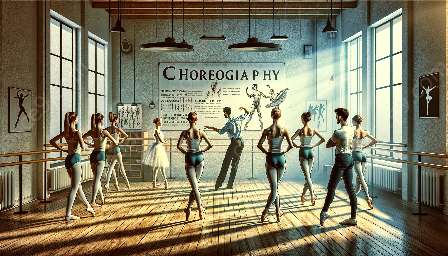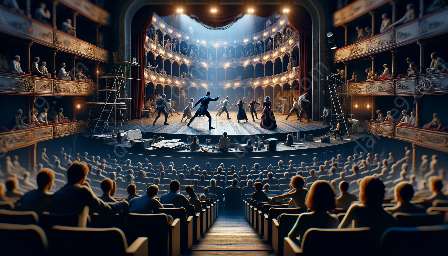Solo choreography is a form of dance performance that involves a single dancer creating and performing a dance piece without the involvement of a group or ensemble. It is a deeply personal and introspective form of expression that allows dancers to explore their individual creativity, emotions, and experiences. However, as with any artistic endeavor, there are ethical considerations that come into play when creating solo choreography.
What are Ethical Considerations in Solo Choreography?
When creating solo choreography, dancers have the freedom to express their thoughts, emotions, and experiences through movement. However, this creative freedom also comes with a responsibility to consider the impact of their work on themselves, their audience, and the wider community. Ethical considerations in solo choreography encompass a range of issues, including cultural appropriation, representation, consent, and the well-being of the dancer.
Cultural Appropriation
One of the key ethical considerations in solo choreography is the potential for cultural appropriation. Dancers must be mindful of the cultural origins of the movement vocabulary they use in their choreography and ensure that they approach these influences with respect and understanding. Appropriating movements or visual elements from a culture without proper understanding and acknowledgement can perpetuate stereotypes and disrespect the traditions and practices of the cultural group.
Representation and Authenticity
Solo choreography offers a platform for dancers to convey their personal narratives and experiences. When exploring themes such as identity, race, gender, or sexuality, dancers must be mindful of how they represent these aspects of themselves and others. Authenticity and respect for the lived experiences of individuals within these communities are crucial ethical considerations in solo choreography. It is important to approach these themes with sensitivity and avoid perpetuating harmful stereotypes or misrepresentations.
Consent and Boundaries
Respecting the bodily autonomy and boundaries of the dancer is an essential ethical consideration in solo choreography. Dancers should have agency over the movement material they choose to perform and should feel comfortable and empowered in their creative process. Additionally, if the choreography involves physical contact with the audience or collaborators, obtaining informed consent and establishing clear boundaries are crucial to ensuring a safe and respectful environment.
Well-being of the Dancer
Exploring deeply personal themes and emotions in solo choreography can have a profound impact on the mental and emotional well-being of the dancer. Ethical choreographic practice involves prioritizing the physical and emotional health of the dancer throughout the creation and performance process. This includes providing adequate support, resources, and opportunities for reflection and self-care.
Importance of Ethical Decision-making
Understanding and addressing ethical considerations in solo choreography is crucial for fostering a dance community that values integrity, inclusivity, and respect. Ethical decision-making empowers dancers to engage with their creative ideas and personal expression while honoring the diverse perspectives and experiences that shape their art. By approaching solo choreography with ethical awareness, dancers can harness the transformative power of dance to inspire, provoke thought, and promote understanding.
In Conclusion
Ethical considerations in solo choreography encourage dancers to navigate the intersection of art and personal expression with integrity, empathy, and conscientiousness. By approaching their creative process with an awareness of cultural sensitivity, representation, consent, and well-being, dancers can create solo choreography that resonates with authenticity and ethical responsibility. Embracing ethical decision-making fosters a dance community that values diverse perspectives and upholds the ethical principles that enrich the choreographic process.

